Safe houses, human psychology – how Cos can tackle burnout in the new world
The global COVID-19 pandemic has jolted all of us out of our comfort zones. Faced with an unprecedented situation and very uncertain times, we are struggling to make sense of everything even as we are putting in place our coping mechanisms. With no rule books to guide us, some of us are dealing with the crisis quite well, while some are fumbling along.
Along with the emphasis on building immunity and physical wellbeing, there are now increasing calls not to ignore mental health. Understandably, stress and anxiety levels are high. To address this burning topic, Adgully brought together two very senior industry veterans – Gowthaman Ragothaman, CEO, Aqilliz, and Vijay Bhat, Founder-Director, Cancer Awakens, for a special conversation on ‘How to prevent burnout in a brave new world – Stress, Resilience & Beyond’. The objective of this webinar was to provide interesting insights and address the issue of stress, mental health and handling a crisis as we face a new world.
Bringing in an element of interactivity, Vijay Bhat asked the audience at the Webinar to express their feelings in one word on what has been their most dominant emotion during the lockdown period. Most people mentioned ‘Uncertainty’, ‘Insecurity’, ‘Shock’, ‘Redundancy’, etc. However, interestingly there were some who were more optimistic and had mentioned words like ‘Hope, ‘Excitement’, ‘Regeneration’, ‘Creative’ and so on.
Making a reference to the movie ‘Matrix’, where the protagonist Neo is offered a choice of Red Pill and Blue Pill by Morpheus and linking it to the current situation on stress, Bhat stated that it was not the “red pill or blue pill moment”, but more like the story of the frog in the boiling water. “If you put the frog in the boiling water and slowly heat up the water, the frog will never know that the temperature is changing until the water boils and the frog dies. Similarly, stress is like a creeping phenomenon rather than a binary phenomenon, and because it is a creeping phenomenon, it’s hard for people to gauge that they are like the frog in that water. But science has showed that there are some clear signposts that we ourselves can be aware of.”
According to Bhat, there are three signposts; the first being poor or disturbed sleep. The second signpost is a sense of alienation, which is harder to spot. Bhat mentioned that this alienation comes up in terms of judging others and judging ourselves a lot rather than accepting and tolerating others and ourselves. WHO says that this results in certain kinds of profound cynicisms that people have about the world, which is a precursor to a depressive condition. The third signpost is that the depletion of energy.
The conversation then turned towards stress and burnout in the workplace. According to Bhat, there is a lot that the individual can do to manage their stress level, but there is not much awareness about it. The organisations and leaders have a great responsibility in this regard.
In times like these, there is greater workload in employees and shorter time to accomplish them, which is now becoming the norm. This is one key reason why people start to feel the stress and organisations do have to look at this very seriously.
Another factor is the lack of role clarity, noted Bhat. “When everyone is working from home, the lines are blurred, so lack of role clarity is going to go up. Therefore, organisations have to be mindful of that, so that people know what is expected and what is not expected of them,” he added.
The third factor is lack of communication from the leaders to the employees. According to Bhat, “Right now, people will be looking for compassionate and courageous communication from their leaders so that they know where they stand. If there is too much ambiguity and there is no communication, then people will start spinning out a lot of stories.”
Unfair treatment is also a major cause for stress. In an environment if people start to perceive that there is nepotism or favouritism or some kind of political situations playing out and therefore there is inequity or unfairness in the system, then the stress absolutely shoots up. “When people are asked to do more in less time without communicating too much and without providing the needed resources, everyone is resource trapped. So, we now begin to see how we are wound up tighter, and I do believe that organisations and leaders have a big role to play,” Bhat said.
At times like these, Bhat stressed on the importance of the HR department and said that it needs to be the voice of the employees. Moreover, all leaders also need to develop a good understanding of human psychology.


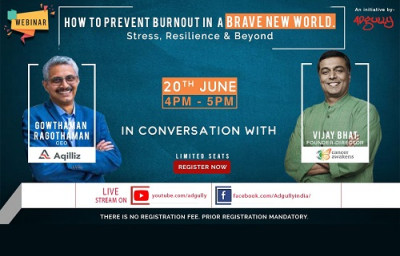
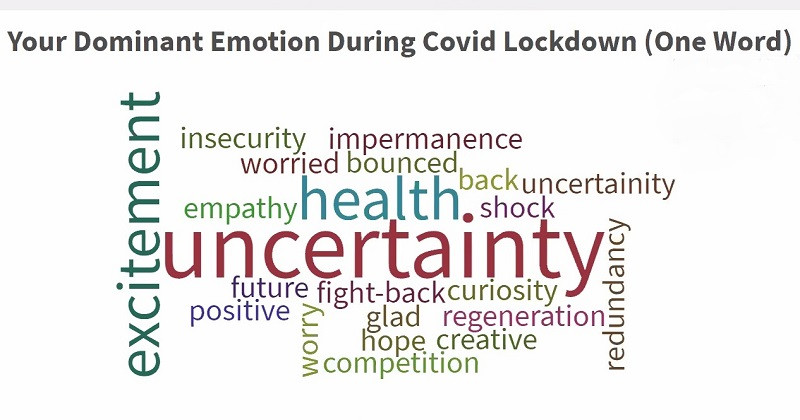



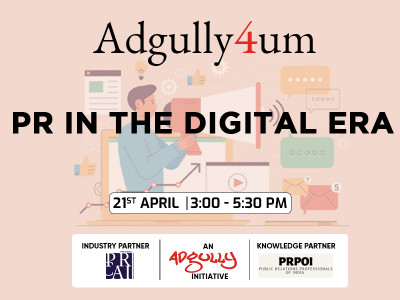

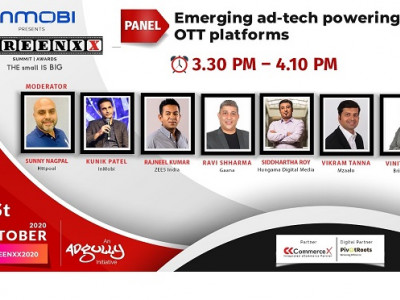

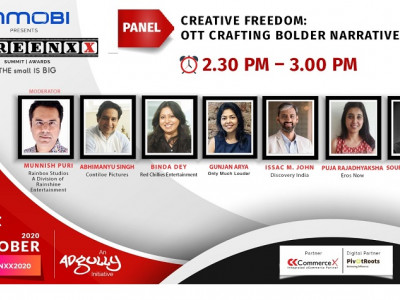
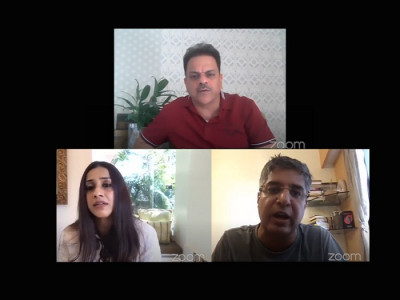
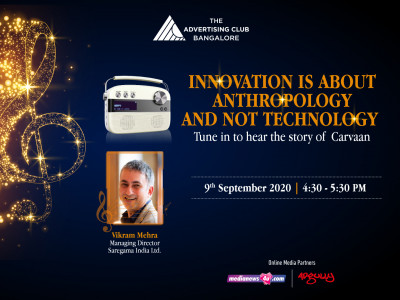




Share
Facebook
YouTube
Tweet
Twitter
LinkedIn